Current Research Projects
Our work is at the intersection of Human-Computer Interaction (HCI), Artificial Intelligence (AI), eXtended Reality (XR) and Human-Centered Design (HCD). We strive to understand how pervasive and emerging technologies can help bridge the gap between the physical and digital worlds, especially in the sphere of health & healthcare, and education.
HXI’s work has been funded by the National Institutes of Health (NIH), the National Science Foundation (NSF), the Agency for Healthcare Research and Quality (AHRQ), the Department of Veteran Affairs (VA), the Center for AIDS Research (CFAR), the UC San Diego Office of Research Affairs, the Robert Wood Johnson Foundation, the Moxie Foundation, the Swiss National Science Foundation (SNSF), the European Commission (FP6), Intuitive Surgical, IBM Research and Boeing.
Previous and archived research projects can be found here.
*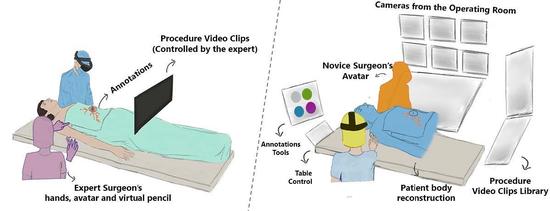
ARTEMIS: Augmented Reality Technology-Enabled reMote Integrated Surgery
A Collaborative Mixed-Reality System for immersive Surgical Telementoring.
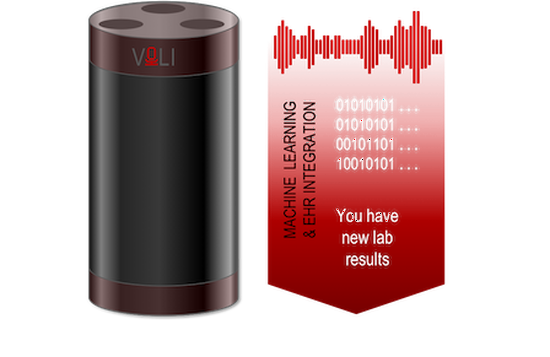
VOLI: Voice Assistant for Quality of Life and Healthcare Improvement in Aging Populations
A personalized and context-aware voice-based digital assistant to improve the quality of life and the healthcare of older adults.

UNDERSTAND: Uplifting the New generation through DBT Education and Resilience for Social Triggers, Anxiety, Negativity, and Depression
A digital mental health study to explore the design, development and deployment of Dialectical Behavior Therapy (DBT)
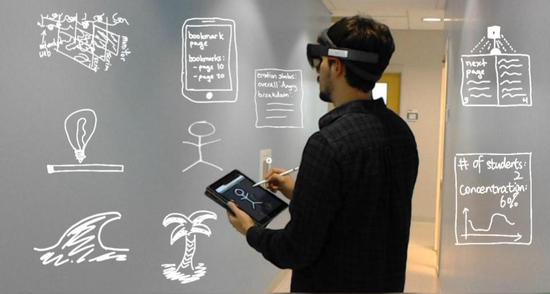
PrototipAR/PintAR: Rapid Prototyping in Augmented Reality
An interactive prototyping tool that explores Augmented Reality for the design of interactive spatial experiences.

UnBIASED: Understanding Biased patient-provider Interactions And Supporting Enhanced Discourse
A Social Signal Processing approach to address hidden healthcare bias by improving patient-doctor communication in primary care.
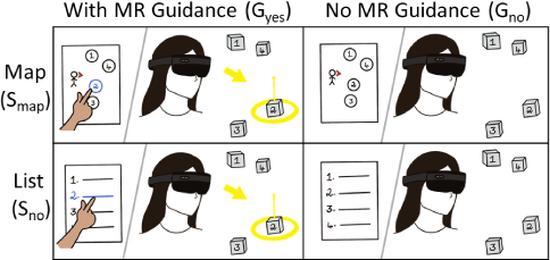
eXtended Collaboration
Designing XR-mediated remote collaboration systems that exploit the strengths of spatial computing.
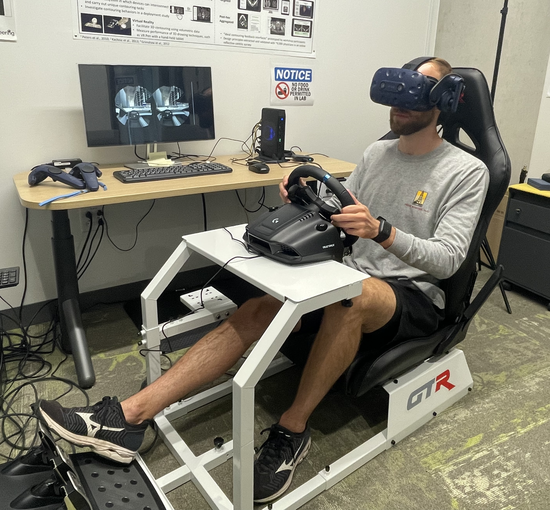
Personalizing Trust with Autonomous Vehicles
Calibrating trust and reliance in autonomous vehicles at the level of the individual using a custom VR driving simulator.

Mitigating Uncertainty in Online Learning at Scale
Learning aids that leverage minimally-invasive user context and provide timely AI and peer support.
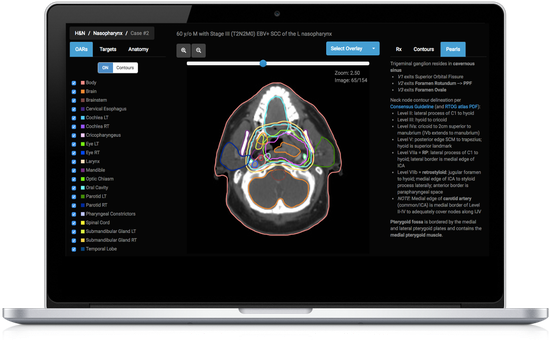
iContour
A Mobile System to Support Interactive Contouring and Feedback in Radiation Oncology Training
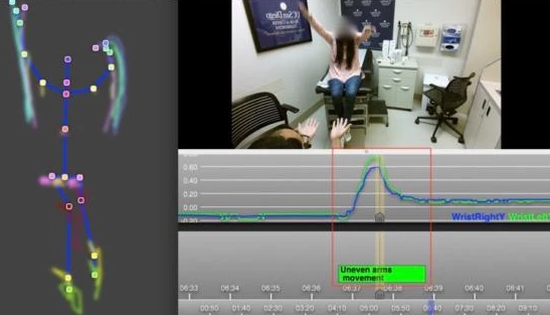
UbiStroke: Multimodal Computational Assessment of Stroke
A human-centered AI approach to identify a patient-specific multimodal signature of stroke-related deficits to assist clinical diagnosis of stroke
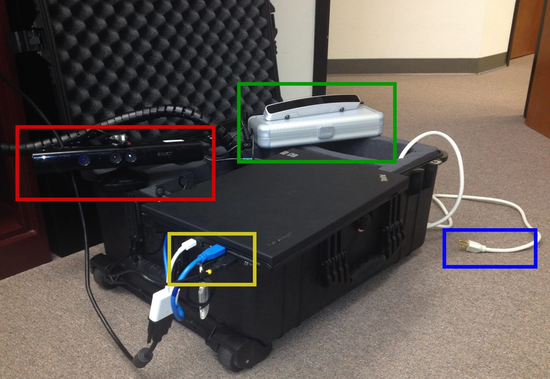
ChronoSense and Lab-in-a-Box
An extensible, temporally-aware, multimodal data capture software tool.
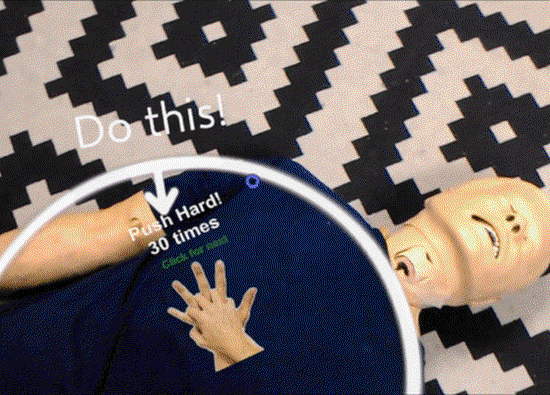
HoloCPR: Designing and Evaluating a Mixed Reality Interface for Time-Critical Emergencies
An MR application providing real-time instructions for resuscitation for novices through a combination of visual and spatial cues.
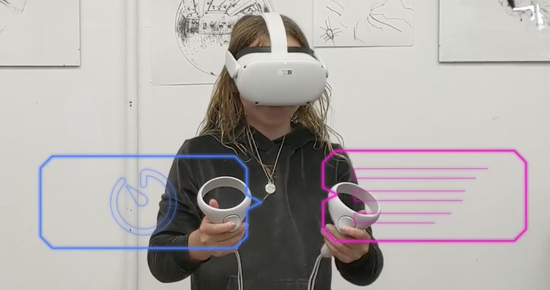
Embodied Coding
An AR/VR Programming IDE that centers around the use of Embodied tools and metaphors instead of the traditional wall of text
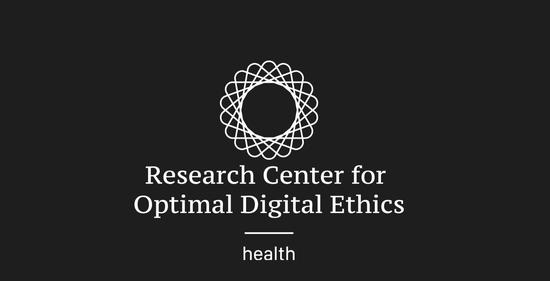
RECODE|Health: Research Center for Optimal Digital Ethics
We conduct, support and disseminate empirical research to inform ethical digital health research practices.
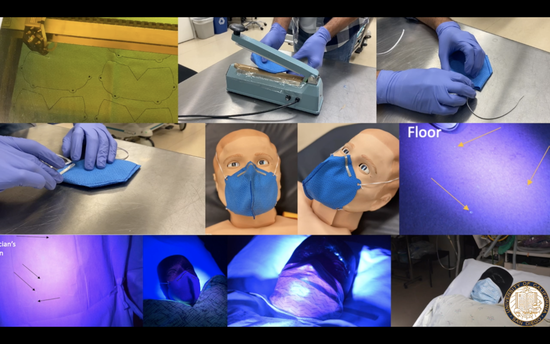
DIY Masks
A pair of DIY masks in response to the COVID-19 shortage of masks.